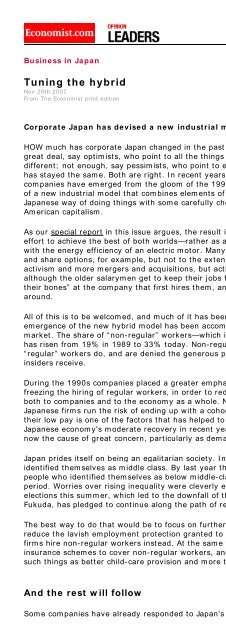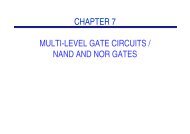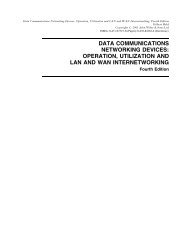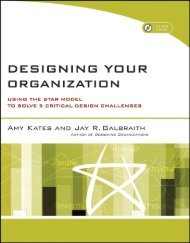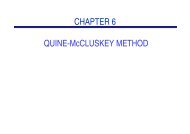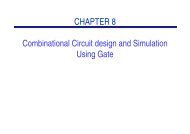The Economist December 1st 2007 - Online Public Access Catalog
The Economist December 1st 2007 - Online Public Access Catalog
The Economist December 1st 2007 - Online Public Access Catalog
- No tags were found...
Create successful ePaper yourself
Turn your PDF publications into a flip-book with our unique Google optimized e-Paper software.
Business in JapanTuning the hybridNov 29th <strong>2007</strong>From <strong>The</strong> <strong>Economist</strong> print editionCorporate Japan has devised a new industrial model, but further reform is still neededHOW much has corporate Japan changed in the past decade? Agreat deal, say optimists, who point to all the things that aredifferent; not enough, say pessimists, who point to everything thathas stayed the same. Both are right. In recent years Japanesecompanies have emerged from the gloom of the 1990s with the helpof a new industrial model that combines elements of the oldJapanese way of doing things with some carefully chosen bits ofAmerican capitalism.As our special report in this issue argues, the result is a hybrid, aneffort to achieve the best of both worlds—rather as a Toyota Prius combines the range of a petrol enginewith the energy efficiency of an electric motor. Many Japanese companies now provide merit-based payand share options, for example, but not to the extent that American firms do. <strong>The</strong>re is more shareholderactivism and more mergers and acquisitions, but activists and acquirers are expected to be polite. Andalthough the older salarymen get to keep their jobs for life, the young are less inclined to offer to “burytheir bones” at the company that first hires them, and are keener on playing the market and movingaround.All of this is to be welcomed, and much of it has been made possible by a steady flow of reforms. But theemergence of the new hybrid model has been accompanied by the worrying creation of a two-tier labourmarket. <strong>The</strong> share of “non-regular” workers—which includes temporary, part-time and contract workers—has risen from 19% in 1989 to 33% today. Non-regular workers generally earn less than half as much as“regular” workers do, and are denied the generous perks and social-insurance coverage that suchinsiders receive.During the 1990s companies placed a greater emphasis on non-regular workers, often reducing orfreezing the hiring of regular workers, in order to reduce costs. But this tactic poses a long-term threatboth to companies and to the economy as a whole. Non-regular workers receive little training, so thatJapanese firms run the risk of ending up with a cohort of unskilled, middle-aged non-regular staff. Andtheir low pay is one of the factors that has helped to hold down domestic consumption, making theJapanese economy's moderate recovery in recent years heavily dependent on exports—something that isnow the cause of great concern, particularly as demand overseas for Japanese goods weakens.Japan prides itself on being an egalitarian society. In a survey carried out in 1987, 75% of the populationidentified themselves as middle class. By last year the figure had fallen to 54%, and the number ofpeople who identified themselves as below middle-class had risen from 20% to 37% over the sameperiod. Worries over rising inequality were cleverly exploited by the opposition in the upper-houseelections this summer, which led to the downfall of the prime minister, Shinzo Abe. His successor, YasuoFukuda, has pledged to continue along the path of reform while addressing inequality.<strong>The</strong> best way to do that would be to focus on further reforms to the labour market, and in particular toreduce the lavish employment protection granted to regular workers, which is one of the reasons whyfirms hire non-regular workers instead. At the same time, business needs to extend some socialinsuranceschemes to cover non-regular workers, and improve conditions for non-regular workers withsuch things as better child-care provision and more training.And the rest will followSome companies have already responded to Japan's moderate recovery by shifting some non-regular


